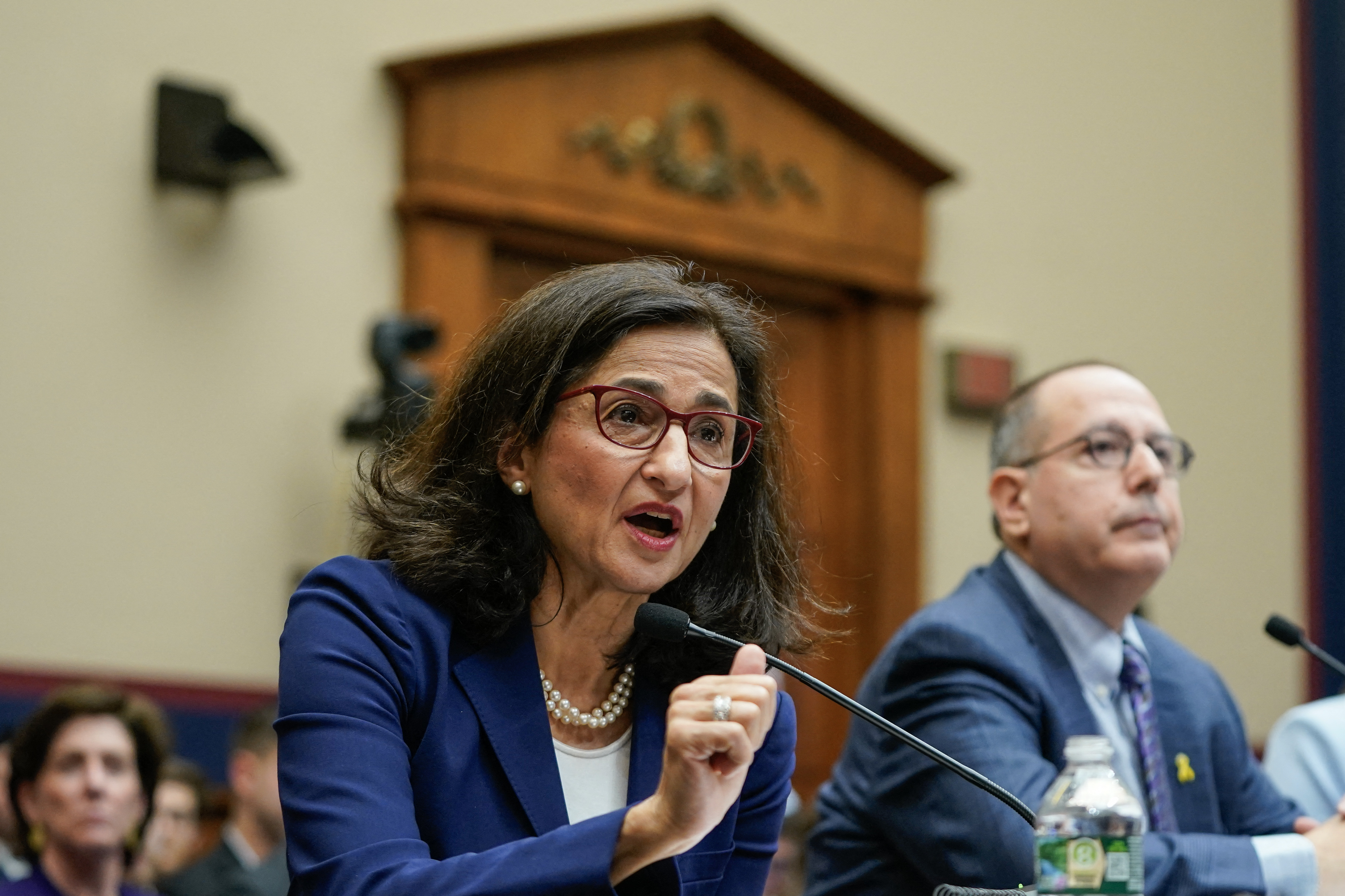Fans and friends including Roberta Flack paid tribute to "Soul Train" creator Don Cornelius in Harlem on Saturday, calling the producer a fearless pioneer who brought black music to television and gave hundreds of dancers and musicians their start.
"He didn't have a great big light telling him 'Go over here, don't go over there, watch where you step, there's a hole right there,'" Flack told the crowd. "He stepped."
Activist Al Sharpton led the tribute as part of the weekly community meeting at the headquarters of his National Action Network. In 1974 a 19-year-old Sharpton appeared on "Soul Train" to present an award to musician James Brown.
Cornelius, 75, died of a self-inflicted gunshot wound on Wednesday. He had suffered from health problems, a difficult divorce, and had pleaded no contest to a misdemeanor spousal battery charge in 2009.
But on Saturday fans praised Cornelius' vision in creating, hosting and selling "Soul Train" to television stations that were originally skeptical about programming aimed at blacks. The show aired from 1971 to 2006.
Former "Soul Train" dancer Tyrone Proctor recalled how he hid in the trunk of a friend's car to get through the gates of the studio where "Soul Train" was filmed in 1972. Cornelius liked his dance moves and let him stay, dubbing Proctor "The Bone" because he was so skinny.
"He turned us into stars," Proctor said. Moves that "Soul Train" dancers developed spread nationwide and are now staples of music videos and pop concerts.
Local
"Blocking, popping, ticking, waacking, punking — when Madonna does what she does at the Super Bowl, you'll see some of these things done there," Proctor said. "Don Cornelius created all of this. It came out of his mind."
Fans planned to hold a Soul Train line in Times Square later Saturday as a tribute to Cornelius and the show. During part of each show dancers would line up facing each other and take turns promenading toward the camera, showing off new moves they had invented.
At the Harlem meeting fans recalled tuning in to see "Soul Train's" cartoon train chugging across their television screens. When Flack recalled Cornelius' stiff-necked delivery, the crowd of about 300 people laughed knowingly.
William "A.J. Dynamite" Aponte, a keyboard player, said he was ecstatic as a kid when his idol, Elton John, appeared on the show. He says the appearance showed that people of all races could find common ground in music.
"He sang 'Benny and the Jets,' and I thought it was so great because Elton John is not black, he's white and he's British," Aponte said. "It influenced me to want to do music."
Proctor said Cornelius was also generous. When Proctor won a car on "American Bandstand," ''Soul Train's" competition, Cornelius paid the $334.25 in taxes so the struggling dancer could receive his award.
"He wrote the check out and that was it, no questions asked. He just said, 'Go get the car,'" Proctor said.
Proctor and other speakers said they were shocked when they heard that Cornelius had committed suicide. Author Terrie Williams named other black performers who had killed themselves and said Cornelius' death should be a warning for victims of depression to seek help.
"One of the things that Don's death brought us to is that we've got to look in the mirror before we end up in this kind of situation," Sharpton told the crowd.



